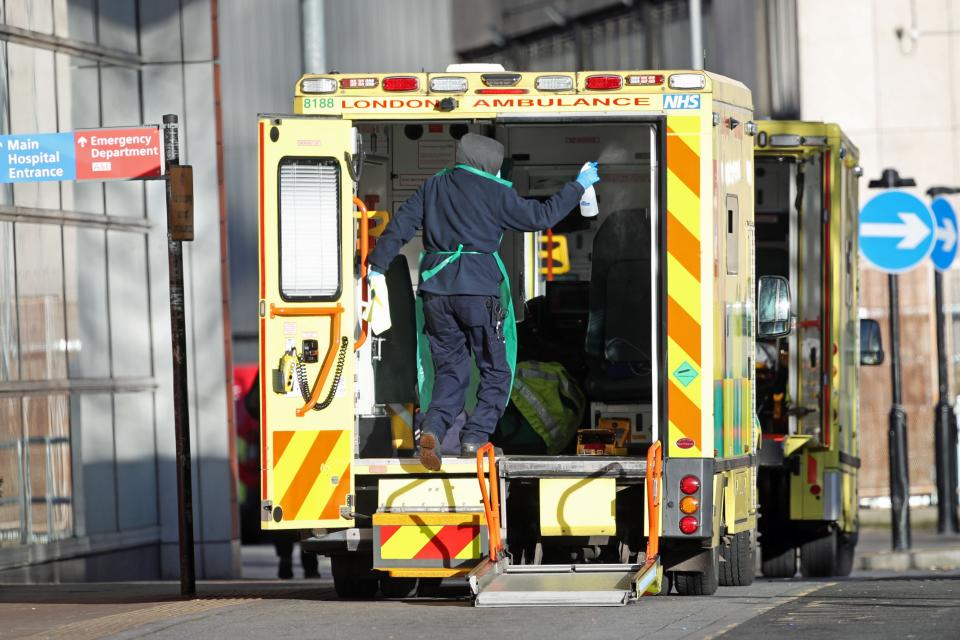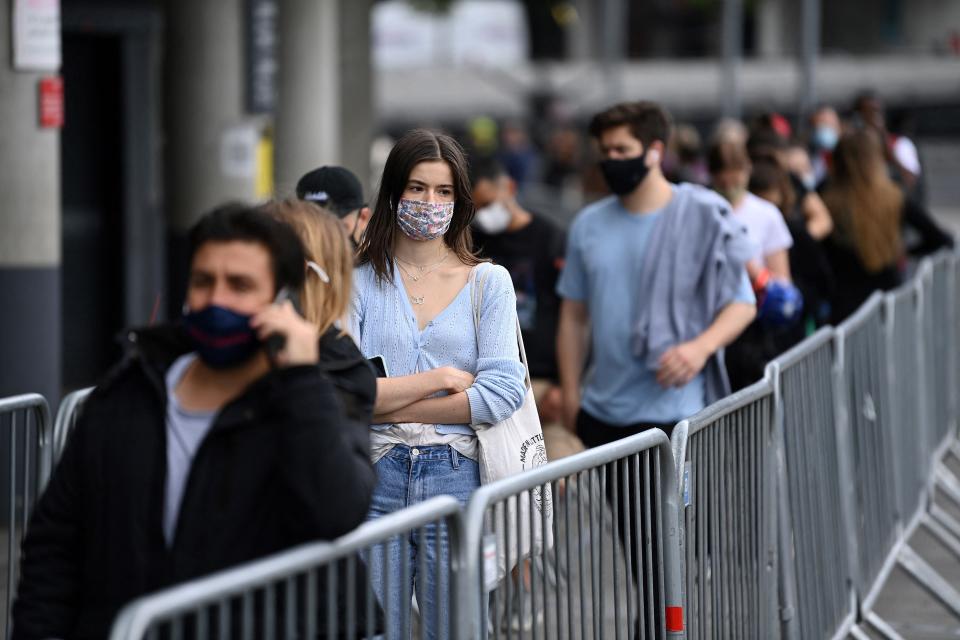Covid: People under 30 in intensive care as young people urged to get the vaccine

Young people are becoming seriously ill with coronavirus, a health expert has warned.
ProfessorAdam Finn, a member of the Joint Committee on Vaccination and Immunisation, told how people under 30 have been taken into intensive care.
The University of Bristol professor said there have been almost 200 admissions in the city with a mean age of 40 amid the third wave sparked by the arrival of the Delta variant.
“We have had people under 30 on our intensive care unit and also requiring high-level oxygen therapy,” he told LBC.
Watch: Do coronavirus vaccines affect fertility?
“This is not always trivial in young adults. There are younger people really getting seriously ill at the moment, so that’s one good reason to think about having the vaccine.
“But the other one is these vaccines now, it’s clear, do reduce the risk of not only getting the infection but passing it on to other people.
“Getting immunised is going to reduce the risk of spreading this infection around amongst young people and enable them to get back to normal.”
The majority of the remaining coronavirus restrictions in England were eased on July 19 which marked the reopening of nightclubs and the end of face masks and social distancing.

Some experts fear that Covid cases could now surge among young people who have not been vaccinated.
Despite being at lower risk from Covid overall, experts say some can fall very unwell and may develop long Covid.
Coronavirus is now more than five times more common among those aged 16 to 24 than it is among those aged 50 to 69, according to the latest figures from the Office for National Statistics.
In the week ending July 17, the data shows 3.5% of 16 to 24-year-olds tested positive for coronavirus as well as 1.6% of 25 to 34-year-olds.
In the same period, 0.6% of 50 to 69-year-olds tested positive along with 0.3% of people aged 70 and over.
The figures suggest that the virus is becoming an infection largely among young adults.
Prof Finn said “nudging” people to get jabbed needs to be done “really quite carefully” so they do not feel they are being forced to get it.
When asked on LBC on Sunday if the government should use vaccine passports as a way of encouraging uptake in younger people, he said: “It has to be done really quite carefully.
“If people begin to feel they are being kind of forced against their will to do something, then in a sense that’s quite a damaging thing to do because it gives people the impression vaccination is something being imposed on them from outside.
“Nudging can be done but it has to be done in a way that people don’t feel they are being pushed into something they don’t want to do.”
A further 29,173 Covid cases were reported in the UK on Sunday, down from 31,796 on Saturday, according to the latest Public Health England figures.
A total of 46,563,452 first doses of a vaccine have been administered and 37,160,659 second doses.
Watch: How the world could be better after COVID
Read More
Royal London Hospital reopens Covid intensive care unit
Man dies days after being handcuffed by police, Met says
Revealed: Lady Kitty’s wedding dress as she marries billionaire

 Yahoo News
Yahoo News 